Here I have compiled a short list of kin care buzzwords that are out there in the marketplace today. I hope this will help demystify the narrative around natural and organic skin care packaging.
|
Beauty companies are labeling products in new creative ways that's leading consumers to believe that products are magic bullets, skin loving, health giving and filled with fantastic ingredients. But often it can mean the complete opposite - more preservatives, more artificial fragrance, more skin sensitivities. Here I have compiled a short list of kin care buzzwords that are out there in the marketplace today. I hope this will help demystify the narrative around natural and organic skin care packaging. GMO IS NOT A FAD. Consumers are demanding greater transparency. They want to know what is in what they eat and use - how it is grown and processed. There is a growing awareness and concern about genetically modified organisms and this remains an important issue to consider for anyone who is paying attention to what they buy. Genetic is not a term consumers want to see connected to what they eat, apply and use. There is an rising trend of products being labeled GMO-free or non-GMO, assuming manufacturers and merchants have full knowledge of origins. While genetically modified fresh products are not allowed for sale in Singapore, GM modified plants are still being used in processed food, skin care and scented candles. "Free from" is a term used to represent products that have been formulated to exclude one or more ingredients beyond carcinogens. These skin care products typically exclude sodium lauryl sulfate and parabens, but are not really chemical or allergens free. "Free from" is a new way of life for many people with severe skin allergies and fragrance sensitivities, and should not be seen as a whim. The growing popularity of plant based skin and hair care has increased consumer awareness, market demand and ironically produced more irresponsible labeling and claims. There remains questions about quality, purity and the botanical profiles of products claiming to be natural one way or another. One of the most overly abused words by big brands and local crafters. In the production of food, plants and even skin care products, sustainability means using techniques that protect the environment, public health, human communities and animal welfare. It's a method of production that generates abundance while ensuring the same process can be repeated efficiently and the same products can be enjoyed continuously and affordably! These are chemicals which occur naturally in plants that may prevent or slow down cell damage and oxidative stress. Besides the highly famed rosehip oil, beauty companies often harness antioxidants from green tea, red wine, pomegranates, olives and mushroom. Theoretically, antioxidants are wonderful and there is no harm using them. But after application, a very different biological process occurs when skin is exposed to the sun. So unless the product is stored in an aluminium canister or a tinted glass container, there is also no guarantee the antioxidants you've paid big bucks for are not breaking down rapidly upon exposure to light. There is no regulation on the use of this term worldwide. A product marketed as natural can contain palm oil, colourants, by-products of petroleum, synthetic fragrance, preservatives and other chemicals used largely for texture enhancement. Stroll down the beauty aisles and you will find rows and rows of natural products with an ingredient list longer than a complicated rice dumpling recipe, and I bet your grandmother can't recognise most of them either. There is a big difference between "made with organic" and "certified organic". To be certified organic means to grow or manufacture a product free from synthetic pesticides, herbicides, hormones and antibiotics. Plants and seeds must be non-GM and the process must be water efficient and biodiversity friendly. So consider this - organic certification (much like ISO standard) is an expensive, structured and time consuming exercise, so unless the manufacturer is of a reasonable scale, a small business typically cannot afford to be certified organic. It is totally legit to make products with organic ingredients from suppliers who are certified organic. Even though there is no formal rule stopping 3rd parties from using a supplier or distributor's certification (I've seen it on tea bags and rosehip oil), it is still in your best interest to confirm that products are truly certified organic by look out for the certification symbol and institute.
2 Comments
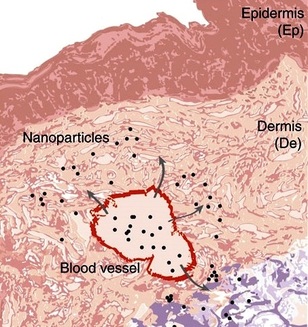 SKIN HEALTH ENEMY (2) - NANOPARTICLES The rapidly growing field of nanotechnology and its widespread use in cosmetics is a major concern for consumers. Nanoparticles may sure sound like science, but they are very bad for your skin. Nanoparticles cause a normal skin cell growth to break down, resulting in pre-mature wrinkles and deepening of the wrinkles you already have. What's worse, nano's are often found in anti-aging skin care products and majority of sunscreens out in the market. Read labels with care and exercise discretion. There is currently a voluntary ban on the use of nano's in some parts of US, Europe and New Zealand. The irony? Commercial manufacturers know that when ingredients in sunscreens and anti-aging products are converted into nanoparticles, the end-product usually display unique properties that can benefit the skin in ways that larger sized particles cannot. This is also one of the major reasons a total ban is not possible or favourable, and despite health hazards, consumers are unwilling to give up their favourite sunscreen loaded with titanium dioxide. 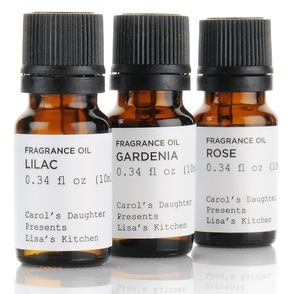 SKIN HEALTH ENEMY (3) - SYNTHETIC FRAGRANCE Fragrance or Parfum might sound harmless, but what they do are anything but that. Most products labeled fragrance-free do contain a small amount of fragrance - otherwise all you will smell are the icky chemicals, oils and fats used in your lotion and cream. All synthetic fragrances contain Phthalates, a group of endocrine-disrupting chemical toxins. Unfortunately, phthalates have been linked to depression, sleep disorder, weight gain, infertility, cancer and altered immune system. Even food contain phthalates! I can't stress this enough - you are BOTH what you eat and use on your skin and body. The slightest disturbance to your natural hormonal balance affects your mood, sleep, weight, appearance, fertility, energy and anxiety levels. Would you not agree that's a lot at stake?! If you must use a product with fragrance or parfum, make sure that the label states phthalate-free fragrance. That is the only way you can be sure that the synthetic fragrances in your body and skin care products are safer for use. And remember - fragrance oil, concentrate and extracts are not natural or pure essential oil, even though merchants claim they are botanical or naturally derived. Synthetic fragrance and perfume are created in a laboratory, not grown on farms. |
aboutThis blog is intended to provide wholesome information on natural fragrance, botanical skin care and an organic lifestyle All reasonable care has been taken in the content provided. Please use all guidance + recommendation with caution and not as a guide to self-diagnosis and treatment. We disclaim all responsibility for any liability, personal risk and damage incurred directly or indirectly as a consequence of the use/application of any of the products and content listed. archives
November 2022
categories
All
|
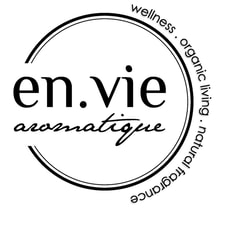
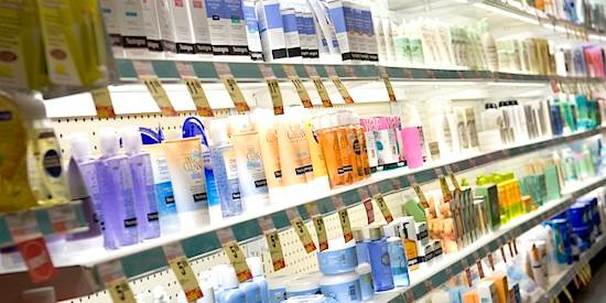
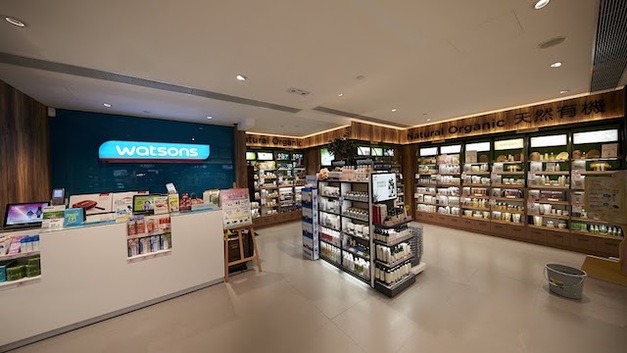
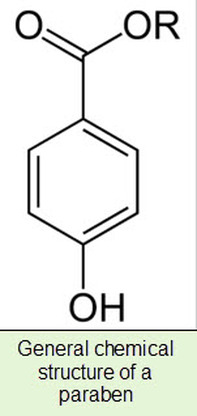
 RSS Feed
RSS Feed
